Ghana is not just a powerhouse in raw crop exports like cocoa and cassava, but is emerging as a significant force in agriculture processing and value addition. From premium cocoa derivatives and cassava flour to shea butter and palm oil, Ghana’s processed agricultural products are driving job creation, supporting rural communities, and enhancing the country’s position in the global food and beauty markets.
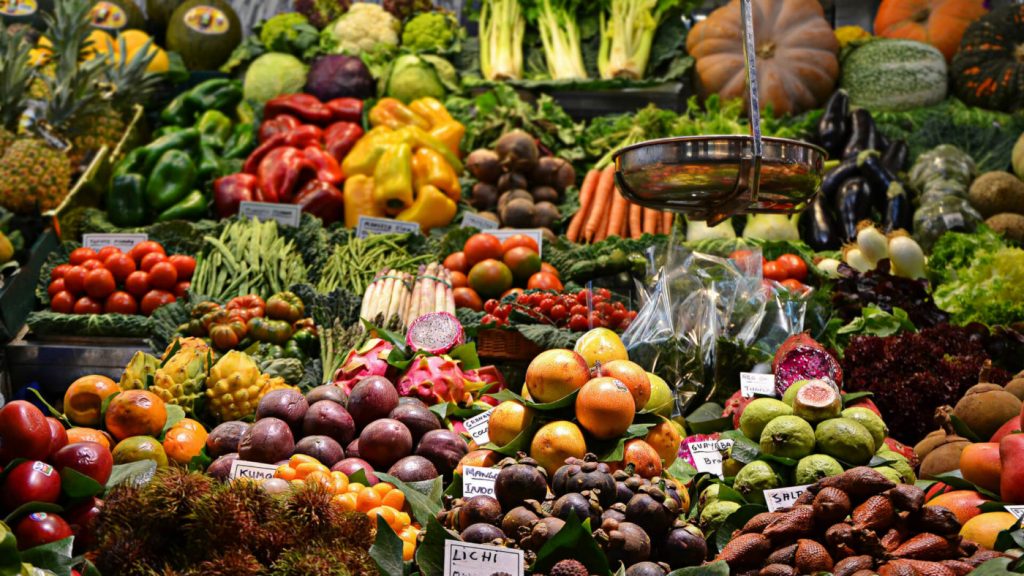
Ghana’s Agriculture Industry: An Overview
Agro-processing is a vital and growing part of Ghana’s manufacturing landscape, accounting for more than 70% of the informal economy and a significant portion of export earnings. With only 5% of Ghana’s food products processed domestically, there is huge growth potential—not just for domestic markets, but for export and industrial use.diz-ghana
Recent government policies, such as the One District One Factory (1D1F) initiative and the Feed Ghana Programme, are accelerating growth, targeting job creation, food security, and industry competitiveness. These moves are transforming Ghana into a hub for modern food processing, helping reduce post-harvest losses and build resilient value chains for various crops.mofa+1
Key Processed Ghana’s Agriculture Product
1. Cocoa: From Beans to Butter, Powder, and Beyond
- Global Fame: Ghana is the world’s second-largest producer of cocoa, and unlike many competitors, processes a growing share domestically.barandcocoa+1
- Processed Exports: About 40-50% of Ghana’s cocoa harvest is now processed locally into semi-finished products like cocoa butter, liquor, and powder—exported worldwide as key inputs for chocolate, cosmetics, and food industries.rvo
- Value Addition: Local processing enables Ghana to capture a higher share of the cocoa value chain, though most consumer chocolate manufacturing still occurs abroad. Yet, the trend toward “Made in Ghana” chocolate and niche cocoa products is expanding.rvo

2. Cassava: High-Quality Flour and Starch
- Economic Importance: Cassava is Ghana’s most important root crop, forming a staple food and key source of rural income.
- Modern Processing: Advanced processing centers produce cassava flour and high-quality starch used in bakeries, paper manufacturing, plywood production, and more.ksdfoodmachinery+1
- Potential for Substitution: Ghana aims to reduce imports of wheat flour and medicinal starch by promoting local cassava flour industries, thus supporting food security and rural development.
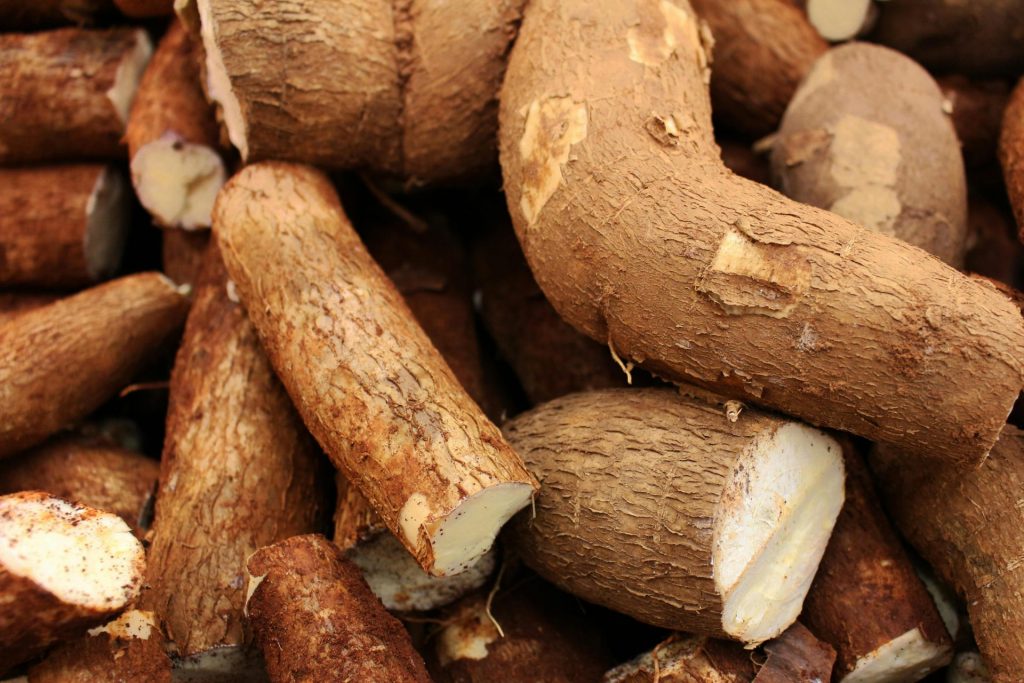
3. Shea Butter: “Women’s Gold” and Skin Care Star
- Women-Led Sector: Ghana is a top global supplier of high-quality shea butter, with a well-organized value chain mainly powered by rural women.oti-gati+2
- Uses and Markets: Ghana’s shea butter is exported as both a raw material and a refined product for cosmetics, food, and pharmaceuticals, reaching markets in the US, EU, China, and the Middle East.
- Value Addition: There’s a trend towards more local processing of shea nuts into butter and premium products (like soaps, lotions, and balms), providing higher incomes and new jobs for women-led cooperatives.shippers+1

4. Palm Oil: Sustainable Prospects and Challenges
- Production: Palm oil is a traditional Ghanaian product, supporting thousands of smallholders and used in food, industrial, and renewable energy sectors.
- Processing Advances: New investments aim to boost yields, introduce climate-smart practices, and produce both crude and refined palm oil for local industries and export.iuk-business-connect+1
- Sustainability Moves: Emphasis is shifting toward responsible, climate-resilient palm oil production to tap into premium global markets and avoid environmental pitfalls.
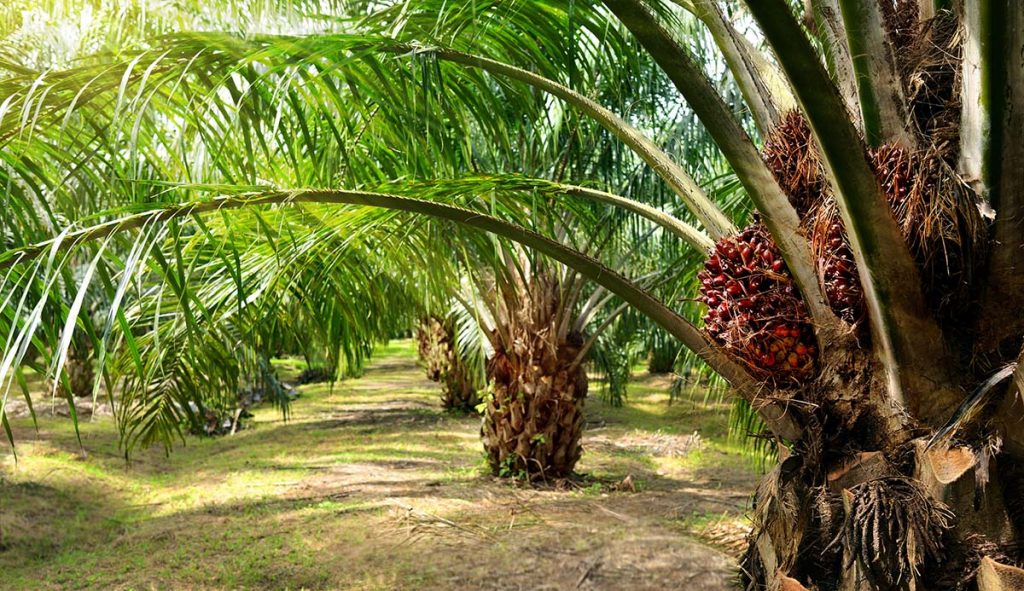
The Impact of Ghana’s Agriculture in Economy
- Job Creation: Processing adds significant value to raw crops, supporting millions of rural jobs, especially for women. Small-scale agro-processing businesses are the country’s largest source of rural non-farm employment.fas.usda+1
- Export Growth: Cocoa products, shea butter, cassava flour, and palm oil are not only vital to Ghana’s food sector but also increasingly being shipped overseas—a major source of foreign exchange.gepaghana
- Value Chain Development: By investing in processing facilities, Ghana earns a larger slice of the global food and beauty markets, while reducing post-harvest losses and boosting incomes for small producers.
Ghana’s Agriculture current Industry Challenges and Opportunities
Challenges:
- Limited Processing Infrastructure: Most agro-processing remains at the smallholder, cottage level, limiting quality, scalability, and exports.
- Access to Markets: Cottage industries often struggle to meet the volume, consistency, and standards required for international exports.
- Supply Chain Issues: Poor transport, limited access to finance and packaging, and variable input supply reduce efficiency.
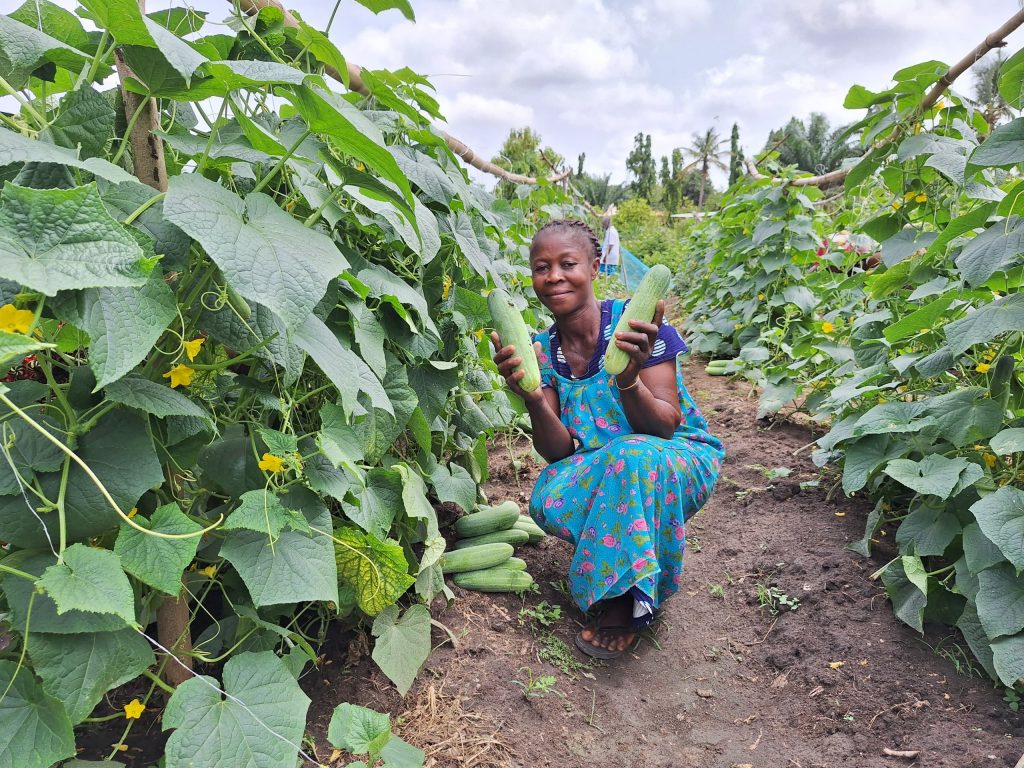
Opportunities:
- Government and FDI Support: Economic zones, public-private partnerships, and government incentives (such as tax breaks) are attracting private investment and modern technology.diz-ghana
- Technology Adoption: The introduction of modern processing equipment (especially for cassava and shea) is dramatically raising product quality.
- Training and Certification: Meeting organic, fair trade, and sustainability standards unlocks premium markets.
- Specialty Products: Increasing global appetite for organic, non-GMO, and ethically sourced products favors Ghana’s traditionally grown and processed agricultural outputs.
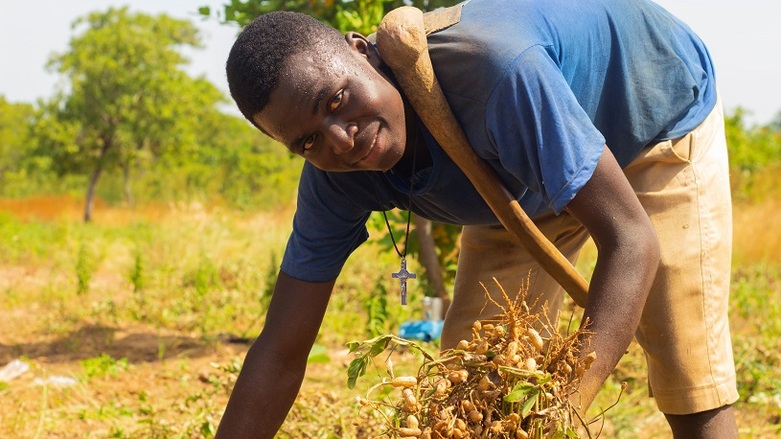
Conclusion: Ghana’s Agriculture Sector on the Rise
Ghana’s agriculture processing industry is at a pivotal moment. As global markets demand more sustainably produced, value-added foods and natural products, Ghana’s cocoa, cassava, palm oil, and shea butter sectors are uniquely positioned to succeed. Growth in processing not only builds stronger rural economies but also supports women’s empowerment, job creation, and national food security.
For investors, entrepreneurs, and consumers looking for high-quality, value-added African food and beauty products, Ghana is a country to watch—and support. The journey from field to finished product is narrowing, bringing more value home and offering real opportunities for transformation and sustainable growth.
About us
Try it for yourself. Freshdi.com
Global B2B Marketplace.



